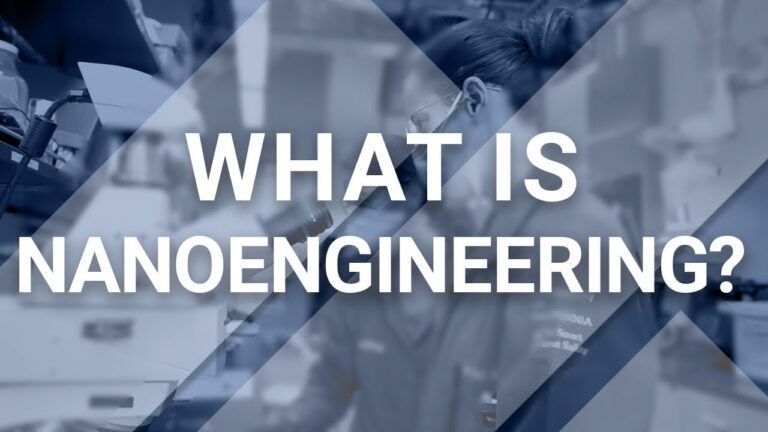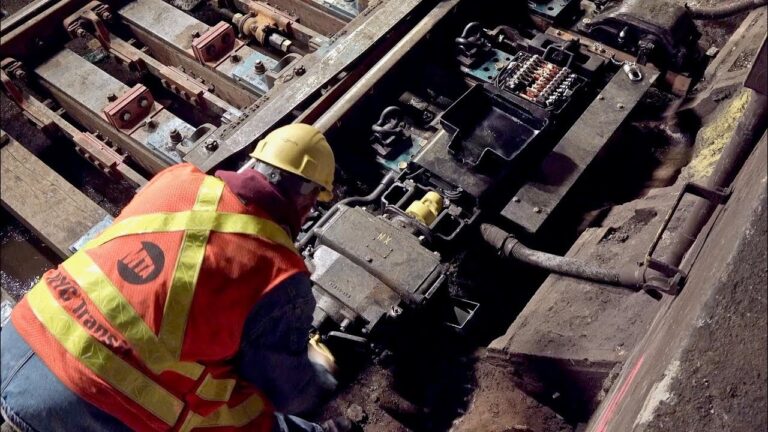Dental Technician Job: Description & Salary

Dental Technician Job Description Template
Dental Technician Job Description A dental technician is a skilled professional who works closely with dentists to create dental prosthetics and appliances. They play a crucial role in the dental industry by designing, manufacturing, and repairing dental devices such as dentures, bridges, crowns, and orthodontic appliances. Attention to Detail: One of the most important qualities of a dental technician is their attention to detail. They must have a meticulous eye for precision and accuracy in order to create prosthetics that fit properly and function effectively. Every small detail, from the shape and size of the prosthetic to the color and texture, must be carefully considered and crafted. Technical Expertise: Dental technicians must possess strong technical skills and knowledge of dental materials and equipment. They use various tools and technologies to fabricate prosthetics, such as computer-aided design (CAD) software and 3D printers. They must also be familiar with different types of materials commonly used in dentistry, including ceramics, metals, and acrylics. Other responsibilities of a dental technician include collaborating with dentists and dental assistants to discuss patient needs and treatment plans, taking accurate measurements and impressions of patients’ mouths, and ensuring the quality and safety of the prosthetics produced. They may also need to stay updated on advancements in dental technology and techniques through continuing education and training programs. In summary, dental technicians play a vital role in the dental field by using their technical expertise and attention to detail to create high-quality dental prosthetics. Their work helps to restore patients’ oral health and improve their quality of life.Dental Technician Responsibilities
Dental Technician Requirements
How Much Does A Dental Technician Make?
Dental Technician Salary
| Experience Level | Annual Salary |
|---|---|
| Entry Level | $30,000 – $40,000 |
| Mid-Level | $40,000 – $60,000 |
| Experienced | $60,000 – $80,000 |
| Senior Level | $80,000 – $100,000 |
A dental technician’s salary depends on their level of experience. Entry-level technicians can expect to earn between $30,000 and $40,000 annually. As they gain experience and move into mid-level positions, their salary range increases to $40,000 – $60,000. Experienced dental technicians with a solid track record can earn between $60,000 and $80,000 per year. Those in senior-level positions, who have extensive experience and expertise, can earn between $80,000 and $100,000 annually.
Dental Technician Salaries by Country
Top Paying Countries for Dental Technician
| Country | Average Salary |
|---|---|
| United States | $45,000 |
| Switzerland | $60,000 |
| Australia | $50,000 |
| Germany | $40,000 |
| Canada | $42,000 |
A dental technician’s salary can vary greatly depending on the country they work in. This table showcases some of the top paying countries for dental technicians. The United States leads the list with an average salary of $45,000 per year. Switzerland follows closely with an average salary of $60,000. Australia, Germany, and Canada also offer competitive salaries in the range of $40,000 to $50,000. These figures highlight the potential earning opportunities for dental technicians in different countries around the world.
A video on the topic Dental Technician
Video Source : Careers at Aspen DentalInterview Questions for Dental Technician
1. What qualifications do you have to become a dental technician?
I have completed a dental laboratory technology program and obtained a diploma in dental technology. I am also a licensed dental technician in my state.
2. Can you describe your experience working as a dental technician?
I have been working as a dental technician for the past five years. During this time, I have gained experience in fabricating dental prosthetics, such as crowns, bridges, dentures, and orthodontic appliances. I have also worked closely with dentists to ensure accurate and precise dental restorations.
3. How do you stay updated with the latest advancements in dental technology?
I regularly attend dental conferences, workshops, and seminars to stay updated with the latest advancements in dental technology. I also participate in online forums and subscribe to dental technology journals to keep myself informed.
4. Can you explain your knowledge of dental materials and their properties?
I have a strong understanding of various dental materials, such as ceramics, metals, and polymers, and their properties. I am familiar with their strengths, weaknesses, and appropriate applications in dental restorations.
5. How do you ensure the accuracy and quality of dental prosthetics?
I follow strict quality control measures throughout the fabrication process. I pay attention to detail, use precise measurements, and follow the dentist’s instructions carefully. I also utilize advanced technology, such as computer-aided design and computer-aided manufacturing (CAD/CAM), to ensure accuracy.
6. Can you describe your communication skills when working with dentists and other dental professionals?
I have excellent communication skills and understand the importance of effective collaboration with dentists and other dental professionals. I actively listen to their requirements, ask clarifying questions, and provide updates on the progress of the dental prosthetics.
7. How do you handle challenging situations or difficult patients?
I approach challenging situations or difficult patients with patience and empathy. I try to understand their concerns and address them appropriately. I believe in maintaining a calm and professional demeanor to ensure the best possible outcome.
8. Can you explain your knowledge of infection control protocols in a dental laboratory?
I have a thorough understanding of infection control protocols in a dental laboratory. I follow strict guidelines to prevent cross-contamination, use personal protective equipment (PPE) correctly, and maintain a clean and sterile working environment.
9. How do you prioritize your workload and meet deadlines?
I prioritize my workload by assessing the urgency and complexity of each task. I create a schedule and allocate sufficient time for each project. I am proactive in managing my time and communicate any potential delays to the dentist or client in order to meet deadlines.
10. Can you describe a situation where you had to troubleshoot and find a solution to a problem?
There was a situation where a dental restoration did not fit properly due to a fabrication error. I carefully examined the restoration, identified the issue, and discussed it with the dentist. We decided to remake the restoration, ensuring the correct measurements and adjustments were made. The problem was successfully resolved, and the patient was satisfied with the final result.






